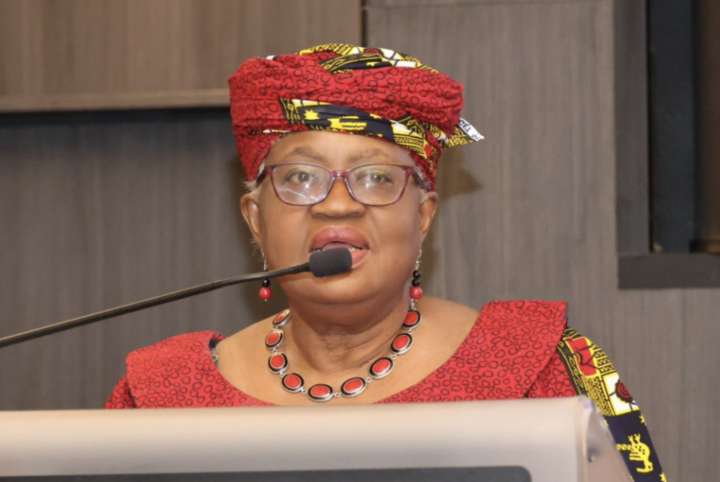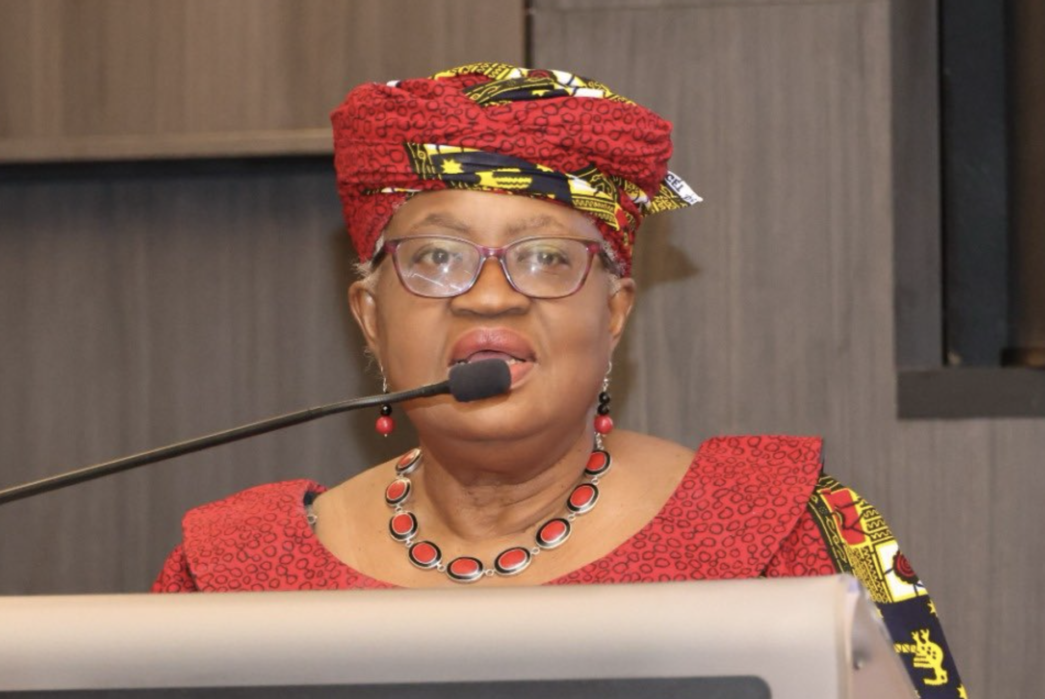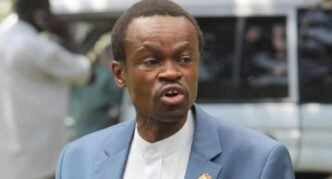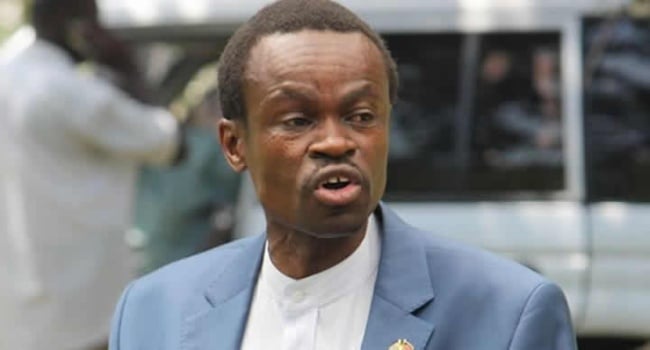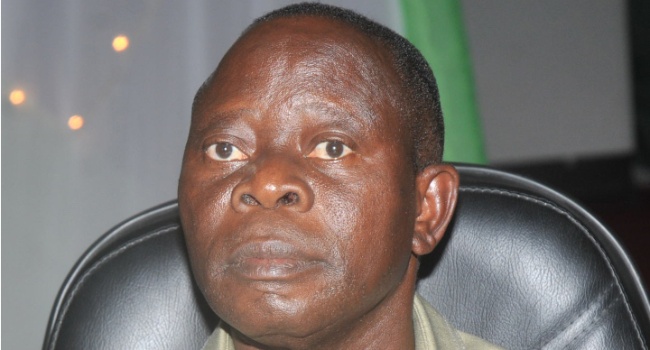Ngozi Okonjo-Iweala
Ngozi Okonjo-Iweala, the director-general (DG) of the World Trade Organisation (WTO), says multilateral development banks (MDBs) cannot tackle the climate crisis on their own.
Speaking during an event celebrating the London School of Economics’ (LSE) new global school of sustainability on June 10, Okonjo-Iweala said trillions of dollars are needed to address global climate challenges.
She said while the MDBs are “doing a much better job,” they still need to be recapitalised to meet the scale of climate financing needs.
“We need billions, even trillions, to be able to fight this. You all know the numbers, and it can’t be done by the MDBs alone,” the WTO boss said.
Advertisement
“We need to generate lots of private… we need the catalytic money of the multilateral development banks in order to be able… it’s trillions that we need. We are not talking of billions.
“How are we going to catalyse those trillions? The MDBs can absolutely help in doing that and I think so far they are doing a much better job, but they need to be better capitalised still.
“They can’t raise even the hundreds of billions needed without additional capital from their shareholders.
Advertisement
“So that is the issue. Then secondly, how to attract the private sector, how to catalyse that private financing that needs to turn billions into trillions. So that is where we are.”
‘REDIRECT SUBSIDIES TO CLIMATE ACTION’
Highlighting a potential funding source, Okonjo-Iweala pointed to about $2 trillion in “distortionary subsidies” that governments continue to provide — including fossil fuels, agriculture, water, and fisheries.
She said more than $600 billion goes into trade-distorting agricultural subsidies each year, while $300 billion is spent on water subsidies that incentivise wasteful practices.
Advertisement
The WTO chief added that if half of the figure were redirected to developing countries, it would significantly advance the cause of climate justice.
“I mentioned $1.2 trillion in direct fossil fuel subsidies. Actually, Nigeria has removed the fossil fuel (subsidy). We made a trial when I was there, went halfway, they removed it now but you need the courage for other countries to remove it,” she said.
“We have more than $600 billion a year in trade-distorted agricultural subsidies. We have more than $300 billion a year in wrongful water subsidies that go to subsidise the wrong things and the wrong behaviour, and $22 billion in harmful fisheries subsidies, which we’ve just negotiated to remove at the WTO, at least to mitigate.
“If you add all these subsidies up, you will get up to $2 trillion. Even if we just did half of that, and we channel those resources to those developing countries that need it in the name of climate justice, wouldn’t we be doing something great?”
Advertisement
‘WE’RE SEEING RETREAT ON CLIMATE ACTION’
Okonjo-Iweala also expressed concern that climate action is being deprioritised, warning of a growing “retreat” among governments and private sectors.
Advertisement
According to the director-general, climate change is still seen as an environmental issue, not an existential threat.
“I think perhaps among the younger generation, there is more of a feeling that this is an existential threat. But among policymakers, it’s a mixed picture,” she said.
Advertisement
“The issue of climate change in many places is that it is seen as an environmental thing. It is not seen as something that cuts across, that is related to the economics or the finance or the education or the health.
“For me, it is something pervasive intersectorial, multisectoral, you call it whatever you may, that requires an all-of-cabinet approach in order to deal with it but that is not often what you see among policy makers.”
Advertisement
Okonjo-Iweala said that despite the clear and escalating impacts of climate change, the issue has not taken deep enough root in the thinking of policymakers around the world.
While some countries are making progress, the WTO chief noted that many still fail to treat climate change as a serious threat.
She said the lack of urgency is evident in a growing trend of withdrawal, with climate issues no longer treated as top priorities in some parts of the world.
“There is a major part of the world where this is not now seen as a major problem. We are seeing retreat,” she said.
“The fact that we are having this pulling back shows me that it is not as deep-seated as we would like.”
The director-general added that some private sector actors who were once vocal supporters of climate action are beginning to withdraw and pull back their efforts.
